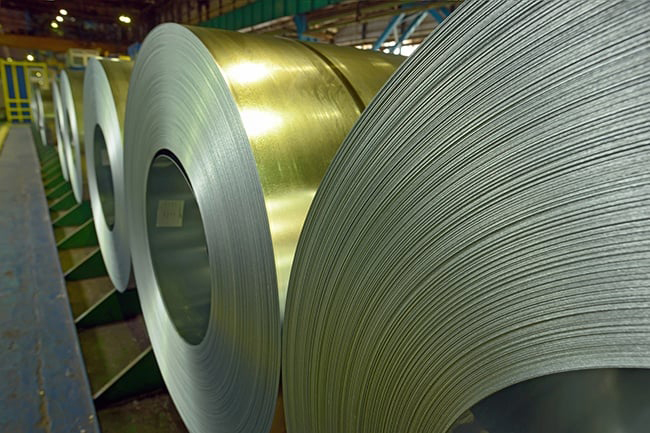
In the dynamic landscape of steel production, maintaining impeccable quality standards is of paramount importance. The integration of advanced materials and technologies has revolutionized the steel industry, with calcium metal emerging as a key player in enhancing the quality control process. This article delves into the role of calcium metal in ensuring superior steel quality and the benefits it offers in maintaining stringent quality control measures.
Calcium, an essential trace element, plays a pivotal role in achieving optimal steel quality through its interaction with various elements and compounds during the production process. Its strategic incorporation enhances several critical aspects of steel quality control.
Calcium's affinity for oxygen and sulfur makes it an indispensable tool in the deoxidation and desulfurization of molten steel. The introduction of calcium metal, often in the form of calcium silicon (CaSi) alloys, promotes the removal of impurities, leading to a purer steel composition. This process minimizes the occurrence of defects, improves mechanical properties, and ultimately contributes to the production of high-quality steel.

Inclusions, minute non-metallic particles present in steel, can significantly impact its performance. Calcium's interaction with these inclusions allows for their modification, rendering them less detrimental to the steel's integrity. This transformation results in improved mechanical properties, reduced brittleness, enhanced toughness, and greater resistance to fatigue, which are vital attributes for high-performance steel applications.
The addition of calcium metal aids in achieving a refined grain structure within the steel matrix. A finer grain structure translates to improved mechanical properties such as increased strength, hardness, and toughness. This enhanced structural integrity is particularly advantageous in industries requiring robust materials, such as construction, automotive manufacturing, and aerospace.
Calcium's ability to react with various elements allows for precision alloying, contributing to the customization of steel properties. By controlling the concentrations of different elements through calcium-assisted alloying, manufacturers can tailor the steel's characteristics to meet specific requirements, whether it be corrosion resistance, wear resistance, or thermal conductivity.
The utilization of calcium metal aligns with energy efficiency objectives in the steel industry. The deoxidation process facilitated by calcium reduces the energy demand of the production process, resulting in a more sustainable manufacturing approach. Additionally, the improved steel quality mitigates the need for rework, leading to substantial cost savings in terms of materials and labor.
Integrating calcium into steel production contributes to environmentally conscious manufacturing practices. The efficient deoxidation and desulfurization processes supported by calcium metal reduce the release of harmful gases into the atmosphere. This aligns with global sustainability goals, positioning calcium-enhanced steel production as a responsible choice for the environment.
In the pursuit of excellence in steel production, the integration of calcium metal has emerged as a game-changer in quality control. From its pivotal role in deoxidation and desulfurization to the precise modification of inclusions and grain structure, calcium metal offers a comprehensive solution for achieving superior steel quality. Moreover, its contribution to energy efficiency, cost savings, and environmental responsibility further solidifies its significance in the modern steel industry. As steel continues to underpin a multitude of industries, the utilization of calcium metal stands as a testament to the continuous innovation and dedication to excellence within the steel production realm.

Write a Message